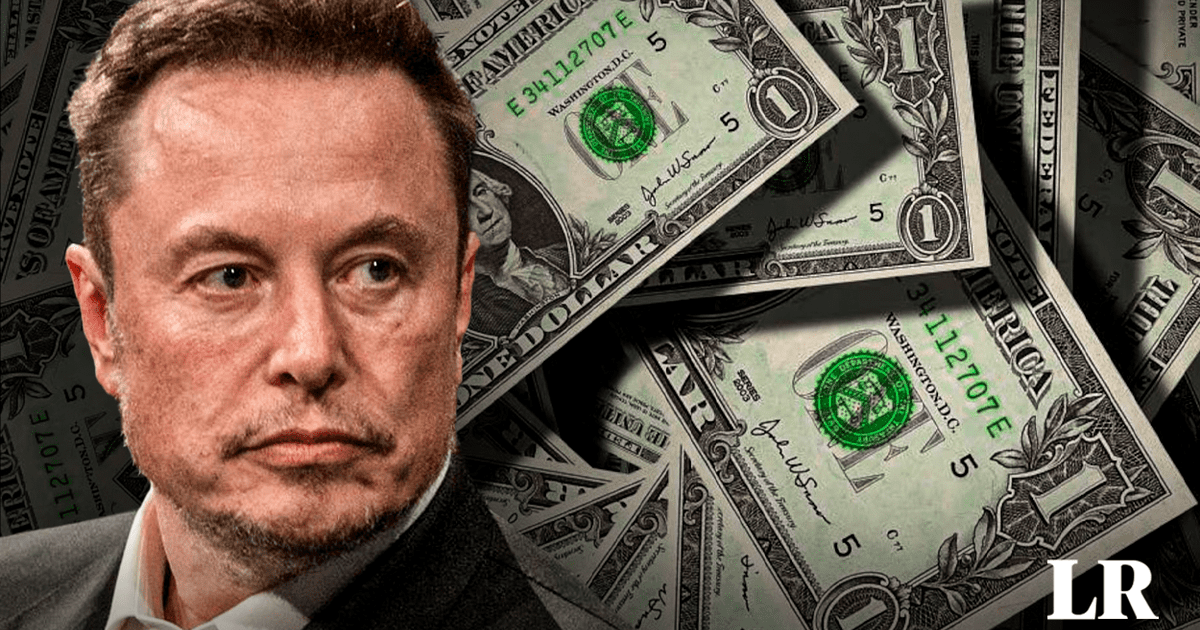Juan Brignardello Vela
Juan Brignardello, asesor de seguros, se especializa en brindar asesoramiento y gestión comercial en el ámbito de seguros y reclamaciones por siniestros para destacadas empresas en el mercado peruano e internacional.




Elon Musk, the innovative entrepreneur known for his disruptive contributions to the automotive and space exploration industries, is on the brink of an unprecedented achievement in economic history. According to a recent report by Informa Connect Academy, Musk is expected to become the world's first trillionaire by 2027, a milestone that highlights his influence in the technology and financial sectors. With a fortune growing annually at an astonishing rate of 110%, Musk's figure is shaping up to be an emblem of modern wealth. As of today, his net worth is estimated at $251 billion, as noted by the Bloomberg Billionaires Index. This excessive growth is not an accident; it is the result of his leadership in companies like Tesla and SpaceX, which have not only revolutionized their respective industries but are also at the forefront of global trends toward sustainability and interplanetary exploration. Tesla, the electric vehicle company Musk founded, has been a key catalyst in the transition toward renewable energy, while SpaceX has set new standards in the aerospace industry, with plans that include the colonization of Mars. These initiatives not only have the potential to generate vast revenues but are also aligned with a growing global demand for sustainable technologies and space exploration, fueling Musk's projections toward a fortune of one trillion dollars. However, Musk's meteoric rise has also sparked intense debate about wealth inequality in the world. Since John D. Rockefeller became the first billionaire in 1916, attention toward wealth accumulation has grown exponentially. Critics warn that extreme concentration of wealth could have detrimental consequences for society, exacerbating issues such as climate change. A study suggests that the richest 1% generate more carbon emissions than the poorest 66%, a fact that raises questions about the social responsibility of the mega-rich. Recently, Musk has been under public scrutiny due to several controversies. His activity on social media, where he interacted with controversial figures, has raised eyebrows and generated criticism regarding his influence on public discourse and his role as a business leader. Such controversies lead many to wonder whether the accumulation of wealth should be accompanied by greater social responsibility. Nevertheless, Musk is not the only entrepreneur who could reach this historic milestone. The Informa Connect Academy report also highlights other tycoons with the potential to become trillionaires. Gautam Adani, founder of a business conglomerate in India, shows an even faster growth rate of 123% and is estimated to reach this figure by 2028. Additionally, Jensen Huang of Nvidia and Prajogo Pangestu of Indonesia are also in the race, with projections to reach one trillion dollars in the same year. On the other hand, the list of potential trillionaires does not stop there. Bernard Arnault, the CEO of LVMH, currently the third richest person in the world, and Mark Zuckerberg of Meta are other names projected to reach this milestone by 2030. This phenomenon raises a crucial question: what implications would the arrival of a new class of trillionaires have for the global economy and society as a whole? The entry of Musk and possibly others into this exclusive wealth club could give rise to a new type of economy, characterized by a focus on innovation and sustainability, but it could also intensify debates about the ethics of wealth accumulation and social justice. In this sense, the rise of Musk and his contemporaries is not only a tale of business success but also a complex narrative that could define the dynamics of power and responsibility in the future. As we move toward the 2030s, it will be fascinating to observe not only how Musk uses his growing fortune but also how his potential status as a trillionaire influences the business and social landscape. Will Musk become a role model for corporate social responsibility, or will his story serve as a warning about the consequences of wealth inequality? Only time will tell.
Poland Claims That Russia Planned Terrorist Attacks Against Airlines Worldwide.

Lavrov Criticizes The U.S. For Inciting Attacks On EU Energy And TurkStream.

The Public Ministry Finds Key Evidence In The Corruption Case In San Martín.

